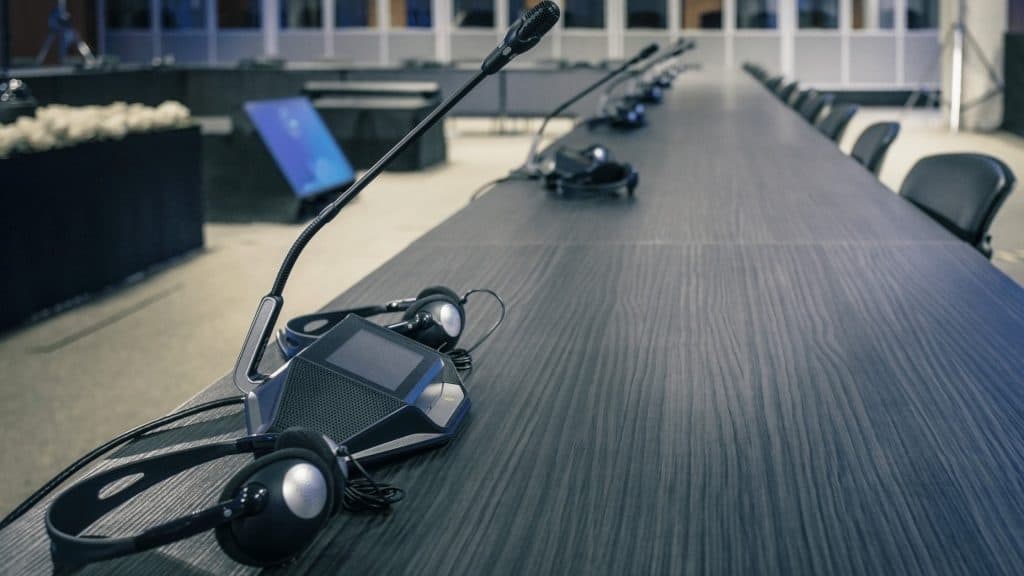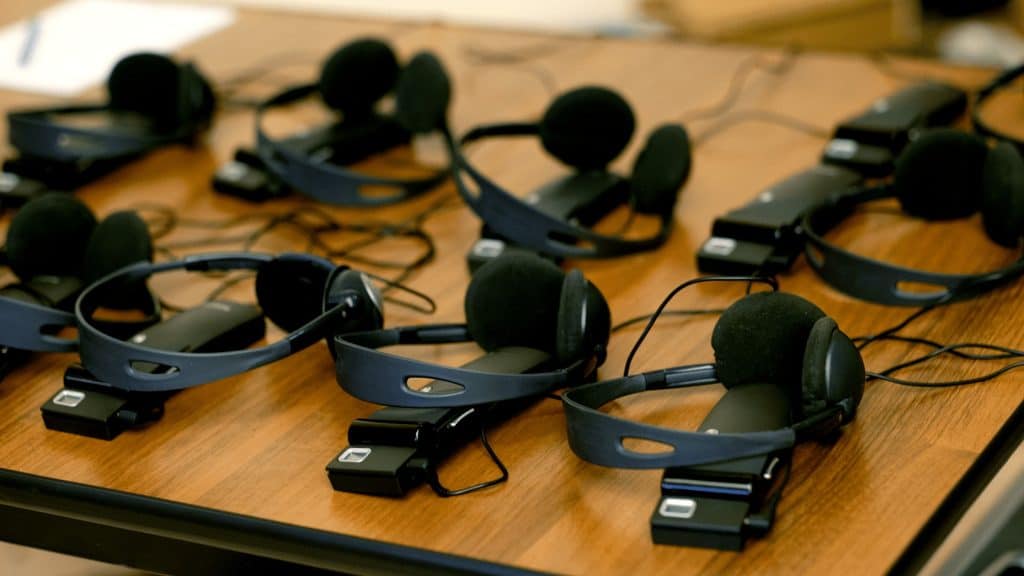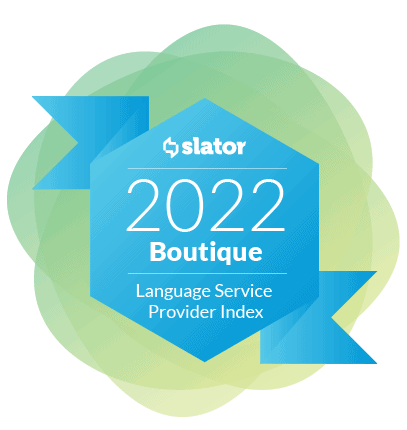|
Listen to Post
|
Listen to this article now:
Interpreting is by large an impromptu activity and professional interpreters come with amazing languages skills and specialty knowledge to be able to support it. And while groundwork is a never-ending process entailing constant honing of qualities such as language competence, contextualization skills, information analysis, cohesion, subtlety of expression and terminology specialization, interpreters are not walking encyclopedias nor can they know everything about anything.
For that reason they need to be well equipped for the anticipated, but also ready for the unexpected. Among others, this means that they must have a full grasp of the subject matter and the context they will be working in. Diligent preparation with the combined effort of both the interpreter and the client is the key for the provision of impeccable interpreting services and for a successful multilingual event, no matter how large or small it is.
So, what information should a client provide and what conditions should they be able to create for their interpreters, to ensure a successful meeting and a positive experience for everyone involved?

Defining the basics
In interpreting, not all goes without saying, so make sure that essentials are clearly defined and agreed upon, including:
- Language combination(s) required. Here possible regional variations and locales if any, should be identified.
- Nature of the event (for example, conference, business meeting, speech, presentation, workshop, interview or general conversation) and number of delegates attending.
- Interpreting modality to be used (for example, simultaneous where the speaker and interpreter speak at the same time, consecutive where the the interpreter begins to interpret after the speaker makes a pause, or whispered where the interpreter interprets in whispers simultaneously or consecutively directly into the ear of the delegate).
- Dates and venue.
- Working hours.
- Technical requirements or conditions (for example booths, visibility, equipment).
- Social functions or interactions (such as dinners, field trips).
- Compensation (professional fees, travel expenses, accommodation etc) and terms of payment.
- Any health and safety considerations.
- Team members, boothmates or possibly team leader/interpreting coordinator.
- And last but not least, availability of supporting material which is key for the preparation of the interpreter.

Preparing interpreters for the meeting
The assignment has been made, the terms agreed upon and the event or meeting is booked. What is needed next for a successful and smooth event?
For a start, a sufficient time slot, to plan and prepare interpreters. It takes time and effort for that and ensuring a reasonable timeframe for preparation, ideally a 2-week period, is very important.
During this phase, the interpreters will prepare themselves so that they are on top of the topics that will be discussed and fully aware of the context they will be working in. To do so, they will need various information sources (sometimes requested by interpreters with the general term “reference documents”) which vary depending on the type of event/meeting. Here are some examples of such supporting material:
- Program of the event or meeting agenda with information on the structure, topics, schedule, speeches/presentations, discussion, breakout sessions and so on.
- Speakers’ résumés and a list of participants so that the interpreters are aware of any cultural factors that need to be taken into consideration.
- Background information on the company, business, organization or event. For example, reports/minutes of previous meetings or general information and website links that will give context and insight for an informed interpretation.
- Speeches to be delivered or documents that will be discussed.
- PowerPoint presentations, speaker notes and handouts for the interpreter to study.
- Glossaries and terminology lists or information on specific company/domain jargon for the interpreters’ familiarization. These are usually further enriched with relevant research.
In addition to these auxiliary documents and supporting material, to prepare interpreters for an event, it is often useful to arrange for one-on-one meetings to help establish better communication between the client and the interpreter and determine needs and requirements. Pre-event Q&A sessions can also be extremely helpful, especially for highly specialized topics, allowing to answer any additional questions or to discuss any last-minute adjustments.

Right before the meeting
Right before the meeting or event, there are few more things that can be done to help ensure a quality outcome. For example:
- Testing of equipment, where applicable, so that and everything is setup and ready to go.
- A walk through of the venue will also help the interpreters familiarize themselves with the space, layout and equipment. In case of venues with security protocols in place, access in or out of the building must be ensured.
- Pre-briefing of the interpreters on any last-minute changes and sharing latest material is also essential so that there are no information gaps.
- Finally making necessary introductions and establishing rapport upfront is will also make for a much more comfortable and enjoyable working environment for all involved.
So these where our suggestions on how to better prepare interpreters for your meeting or event. Beyond that point, it is all about catering for a multilingual audience and having the message communicated accurately. This is where the interpreters’ skills combined with the delegates’ demeanor come into play. How to best work with your interpreters during the actual meeting or event is another topic to consider!
Are you looking for interpreting services for your next meeting? Then contact our friendly team!







